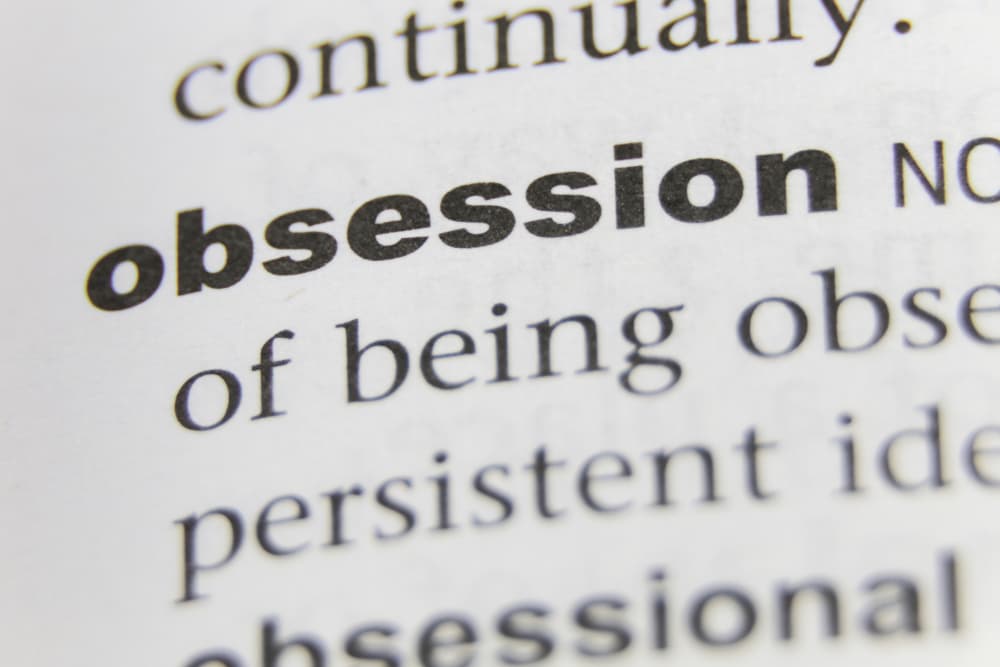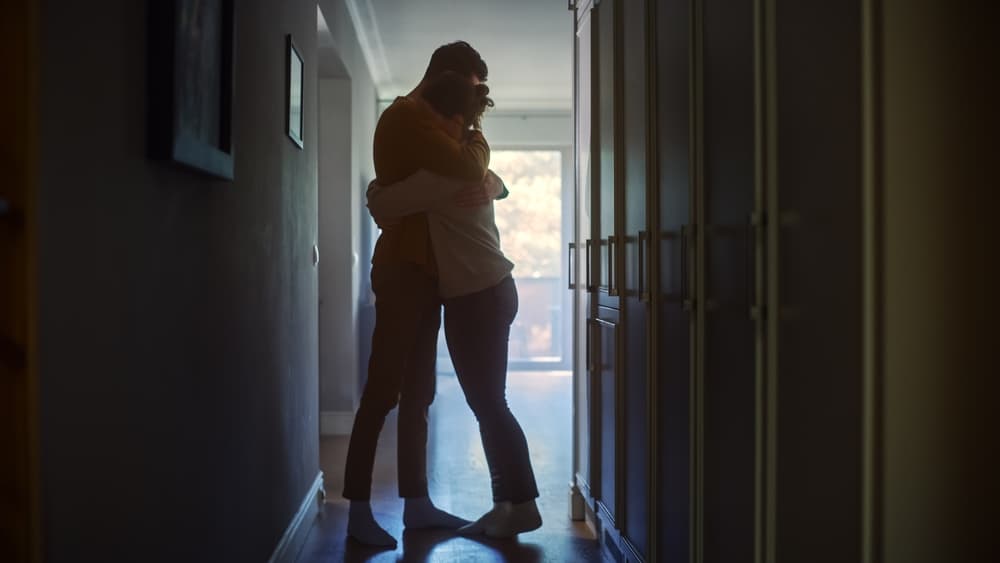Navigating the complexities of a relationship can be challenging, but when obsessive-compulsive disorder (OCD) enters the equation, it introduces a unique set of considerations. OCD is a mental health disorder characterized by intrusive thoughts and repetitive behaviors that can significantly impact daily life. When OCD becomes intertwined with romantic relationships, it can add another layer of complexity to maintaining a healthy and happy connection.
In this blog, we talk about the nuances of OCD and its profound impact on relationships, emphasizing the importance of open communication and understanding.
Understanding OCD

According to the American Psychiatric Association, Obsessive-compulsive disorder (OCD) is a condition characterized by persistent, intrusive thoughts, ideas, or sensations (known as obsessions).
These intrusive thoughts compel individuals to engage in repetitive behaviors or rituals (known as compulsions) in order to alleviate the distress caused by the obsessions.
Individuals with OCD experience persistent and intrusive thoughts accompanied by rigid behaviors. Failing to perform these behaviors often leads to significant distress, as they are driven by a specific fear of dire consequences for themselves or their loved ones.
While many individuals with OCD recognize that their obsessive thoughts are unfounded, some may still entertain the possibility of their validity. Even with this awareness, disengaging from these obsessive thoughts or ceasing the compulsive actions proves challenging for individuals with OCD.
Relationship OCD: What is It?
Relationship OCD, also known as ROCD, is a recently acknowledged subtype of obsessive-compulsive disorder that primarily revolves around fears and uncertainties related to one’s romantic or intimate relationship.
Individuals with ROCD often endure intrusive thoughts, anxieties, and doubts regarding the compatibility of their partner, their own attraction towards their partner, and their partner’s attraction towards them. The intense doubt surrounding whether or not to terminate the relationship also plagues those with ROCD.

Recognizing OCD in a Partner
As someone dealing with OCD in a relationship, it’s important to understand how your symptoms may manifest. There are some signs you can watch out for, such as:
- Constantly seeking reassurance from your partner.
- Feeling the need to control their actions.
- Persistent doubts.
- Irrational fears.
However, not all individuals exhibit these behaviors, and recognizing signs of OCD requires open communication.
Communication and Disclosure
Communication is key in any relationship, especially when one or both partners have OCD. It’s crucial to disclose your condition early on in the relationship so that your partner can understand and support you throughout your journey.
If you’re struggling with ROCD, it’s essential to communicate openly with your partner about your doubts and fears. This allows for an honest understanding of where these thoughts stem from and how they can help support you.
For those whose partners have OCD, it’s crucial to educate yourself about the disorder and its impact on relationships. Being knowledgeable will help you better understand your partner and foster a deeper sense of empathy and patience.
The Impact on Intimacy

OCD can significantly affect intimacy in a relationship. For individuals with ROCD, intrusive thoughts about their partner and the relationship may make it challenging to engage in physical intimacy without anxiety or fear.
Moreover, the compulsive behaviors associated with OCD can also disrupt intimate moments. For example, washing one’s hands repeatedly before engaging in physical touch can interrupt the natural flow and disrupt the closeness between partners.
Emotional Aspects
OCD can cast a shadow on emotional intimacy, creating barriers to vulnerability and connection. The constant doubt and fear surrounding the relationship can lead to emotional distancing and difficulty forming deeper connections.
Behavioral Aspects
Repetitive behaviors and rituals can disrupt the flow of daily life and intimacy. The need for control and perfection can also lead to conflict and strain the relationship. ROCD individuals may feel the need to micromanage their partner’s actions or engage in repetitive behaviors that hinder the natural progression of a relationship.
Coping Strategies for Couples

Living with OCD in a relationship requires patience, understanding, and effective coping strategies. Some things you can do to manage OCD’s impact on your relationship include:
- Knowledge is power. Educate yourself about OCD and how it presents itself in relationships.
- Seeking therapy or counseling, both individually and as a couple. Professional guidance provides couples with tools to manage OCD’s impact effectively.
- A continuous, open dialogue is essential. Partners must express their needs, fears, and victories, fostering an environment of mutual support. Effective communication enables the relationship to thrive amidst the challenges.
- Finding healthy ways to manage intrusive thoughts, such as journaling or mindfulness techniques.
- Setting boundaries and seeking support when needed.
Personal Growth and Healing

OCD can take a toll on relationships, but it doesn’t have to be the sole focus. With proper management and support, individuals with OCD and their partners can strengthen their bond and grow together.
Self-Care for the Individual with OCD
Individuals with OCD benefit from prioritizing self-care. Establishing routines, engaging in joyful activities, and practicing mindfulness contribute to personal well-being and resilience. This will take your mind into thinking of more fulfilling things.
The Role of Self-Compassion
Cultivating self-compassion is integral to personal growth. Both partners should recognize the challenges posed by OCD without judgment, fostering an environment of empathy and understanding.
Transform Your Relationship with Mind and Body Counseling Associates
Having OCD in a relationship can be challenging, but it doesn’t have to come at the cost of happiness. With understanding, communication, effective coping strategies, and, most importantly, therapy and counseling, couples can overcome the challenges posed by OCD.
Mind and Body Counseling Associates offers professional support to individuals and couples dealing with OCD, providing tools for lasting change. Contact us today to learn how we can help you transform your relationship. So don’t hesitate anymore; start making positive changes in your relationship today.


